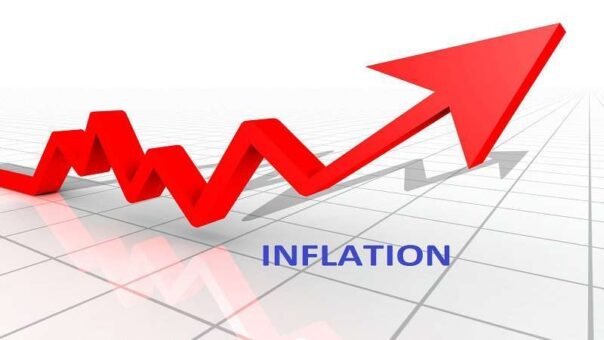Pakistan observed a welcome decline in weekly inflation, with a decrease of 1.39 percent for the week ending May 9, 2024, compared to the prior week.
This data was released by the Pakistan Bureau of Statistics (PBS) which bases its figures on the Sensitive Price Indicator (SPI).
The latest SPI analysis highlights that the major reductions were seen in essential commodities such as onions, which dropped by 19.22%, and chicken, falling by 18.83%. Other notable decreases included wheat flour at 4.00%, liquefied petroleum gas (LPG) at 3.67%, bananas at 2.32%, and garlic at 1.44%. Smaller reductions were seen in the prices of rice (Basmati broken), mustard oil, sugar, and firewood.
Conversely, certain food items showed a price increase, with tomatoes leading the way, surging by 19.24%. There were also upward movements in the prices of eggs, potatoes, pulse gram, and various oils and fats like cooking oil and vegetable ghee. Beef and fresh milk prices also experienced moderate increases.
The report detailed that out of a basket of 51 items surveyed, prices of 12 items increased, 13 items decreased, and 26 items remained unchanged. This statistic provides a snapshot of the current market trends affecting consumers.
On a year-on-year basis, the inflationary trend presented mixed results. There were sharp increases in utility charges, particularly gas, which surged by 570.00%, alongside significant hikes in the prices of onions, tomatoes, garlic, and various other household and food items. However, there was a reassuring decline in the prices of some essentials, such as bananas, wheat flour, chicken, various cooking oils, and LPG.
This recent shift in weekly inflation comes at a crucial time for Pakistan, a country that has been grappling with economic challenges and high inflation rates, impacting the affordability of everyday goods for its citizens. The decrease, though moderate, is seen as a potential sign of easing inflationary pressures, possibly attributed to governmental measures and market adjustments.
Economists and market analysts will be keeping a close eye on these trends to determine whether this decrease is a one-off event or the beginning of a more sustained period of stabilization in the prices of essential goods. The PBS continues to monitor these changes closely, providing timely data that is critical for economic planning and policy-making.
As Pakistan navigates through these economic challenges, the importance of such data cannot be overstated, providing a clearer picture of the market dynamics and helping to guide both consumers and policymakers in their decision-making processes.
